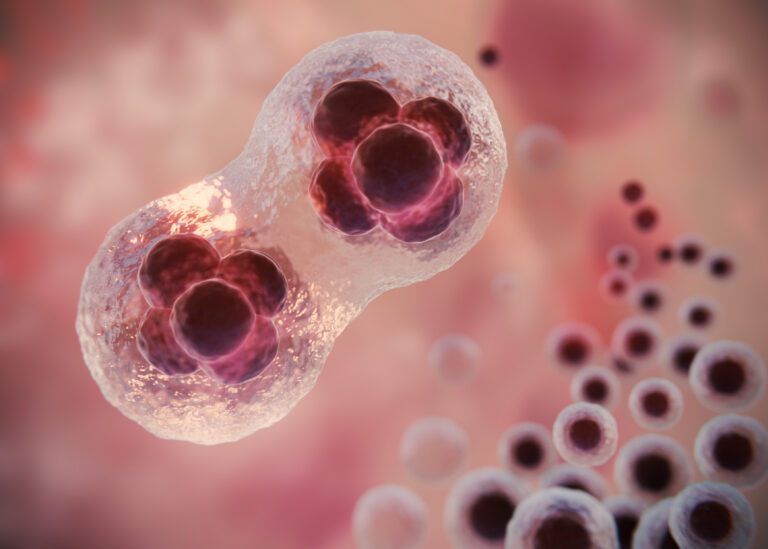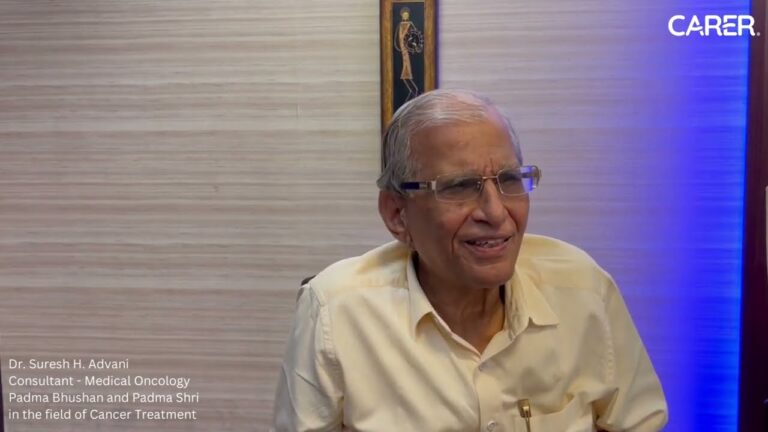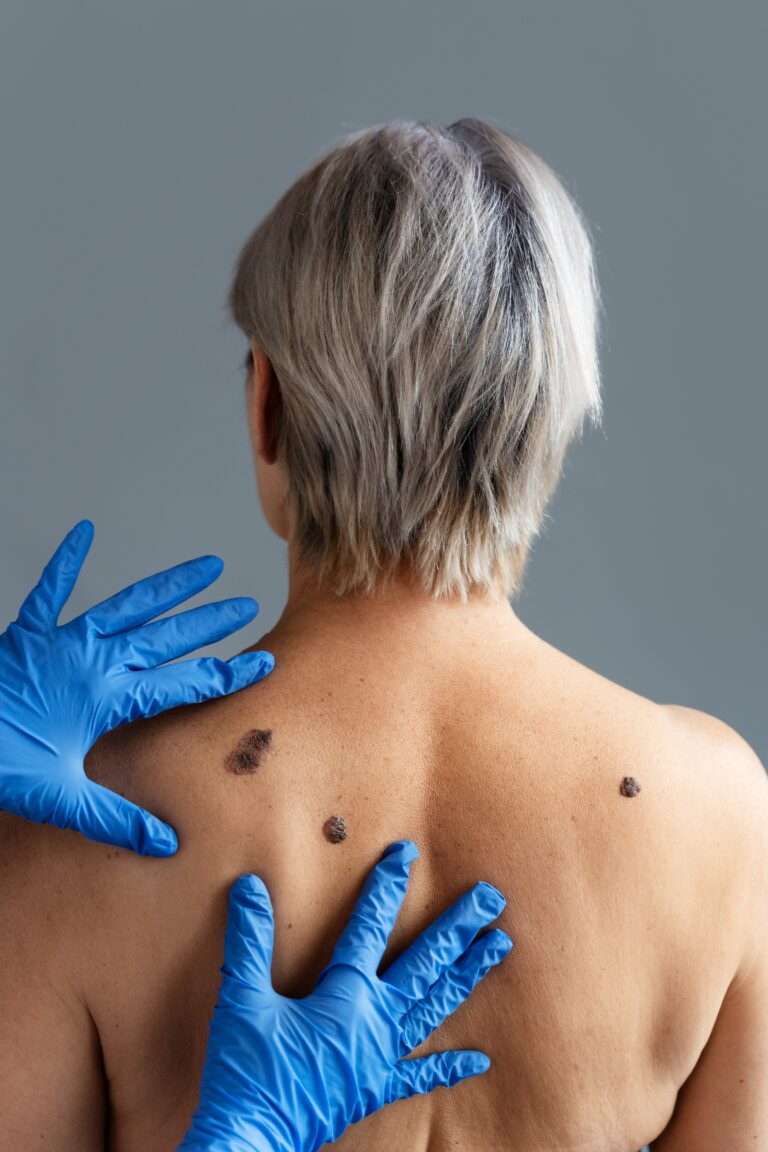Tumor Organoids and Lab-Grown Models: Customizing Cancer Care Before It Begins

Tumor Organoids and Lab-Grown Models
Cancer treatment has long relied on a trial-and-error approach, with patients enduring multiple therapies before finding the most effective one. But what if doctors could test treatments on a patient’s cancer before administering them? Enter tumor organoids—miniature, lab-grown versions of a patient’s tumor that could revolutionize personalized medicine.
What Are Tumor Organoids?
Tumor organoids are tiny, three-dimensional structures grown from a patient’s own cancer cells. These lab-grown models mimic the biology and behavior of real tumors, allowing researchers to study how they respond to different drugs—all outside the body.
How Are They Created?
- Biopsy Collection: A small sample of the patient’s tumor is taken during surgery or biopsy.
- Cell Culturing: The cancer cells are placed in a specialized gel-like medium that encourages 3D growth, replicating the tumor’s natural environment.
- Expansion & Testing: Once grown, these mini-tumors are exposed to various cancer drugs to identify the most effective treatment.
Using Mini-Tumors to Test Drug Responses
Doctors can test medications on organoids before exposing patients to repeated rounds of chemotherapy or targeted therapies. By eliminating needless side effects and predicting which medications will perform best, this "trial in a dish" method enhances results.
Personalized Treatment with Fewer Risks
Every cancer is different, what works for one patient might not work for another. By customizing treatments according to each patient's unique cancer biology, tumor organoids provide fully customized medicine. This implies:
- Increased first-line therapy success rates
- decreased toxicity from medications that don't work
- Decision-making in urgent situations more quickly
Changing the Patient Journey
Traditionally, cancer treatment relies on trial and error, subjecting patients to grueling cycles of ineffective therapies, unnecessary side effects, and emotional and financial strain. A revolutionary substitute is provided by tumor organoids, which enable physicians to test therapies on miniature tumors generated in the lab before delivering them to patients. Oncologists can create precision therapy regimens more quickly, patients can avoid ineffective medications from the beginning, and even rare or severe cancers that are frequently unresponsive to conventional treatments can be better investigated. Organoid testing could expedite care, lessen pain, and make tailored therapy a reality for all cancer patients by anticipating drug reactions in advance.
Applications in Rare and Aggressive Cancers
For cancers with limited treatment options (e.g., pancreatic, glioblastoma), organoids offer hope. Researchers can:
- In a controlled environment, test experimental medications.
- Determine the mechanisms of resistance.
- Create novel treatments using actual patient data.
Collaboration Between Labs and Hospitals
Bringing organoid technology to clinics requires strong partnerships between research labs and hospitals. Organoid models are already being used in cancer treatment by institutions all around the world, fastening the transition to precision oncology.
The Future of Cancer Care
Tumor organoids are still in the early stages of development, yet they are a significant advancement. We can get closer to a time when cancer therapy is more intelligent, quicker, and individualized than it has ever been by forecasting medication reactions before the start of treatment.





